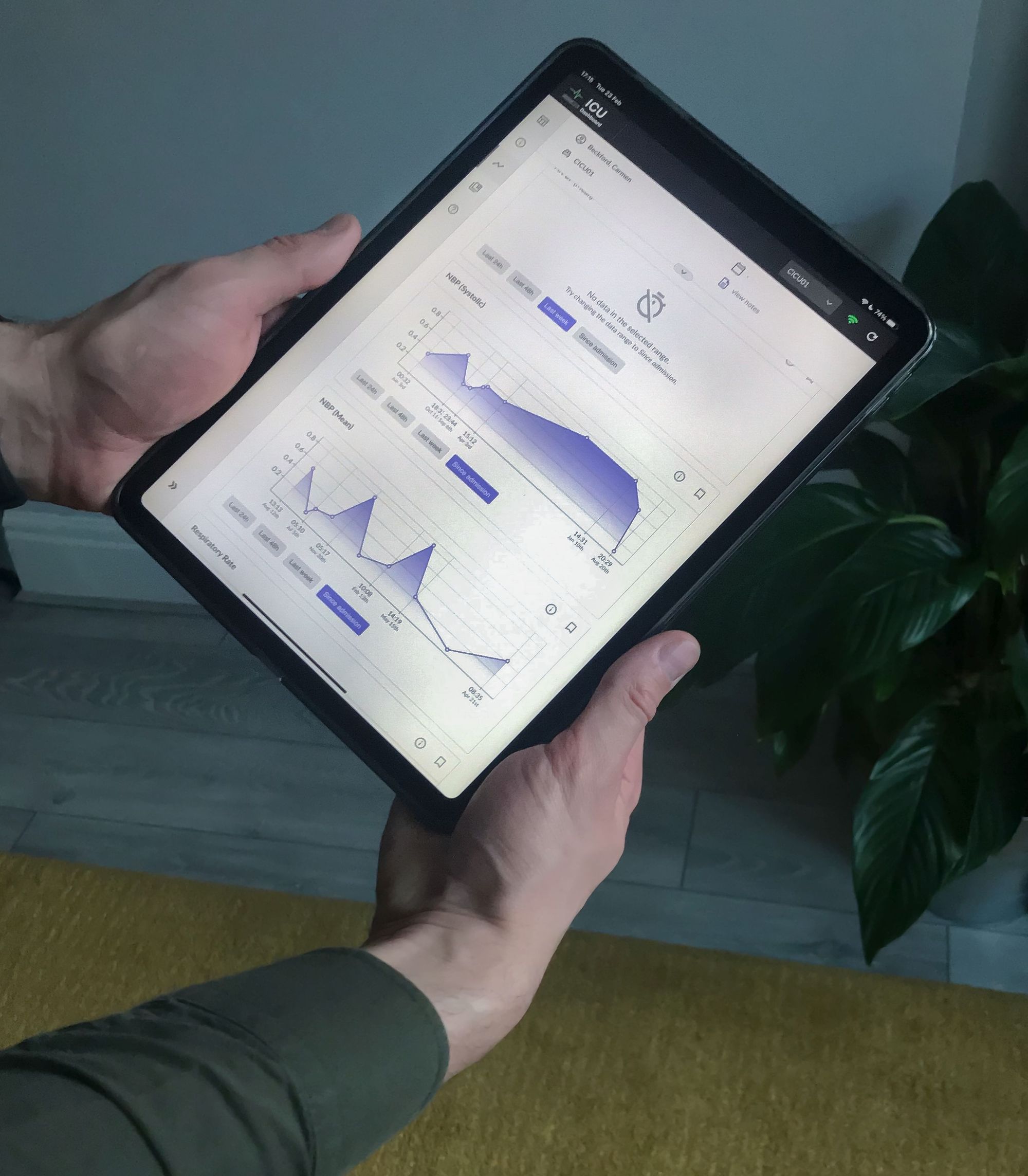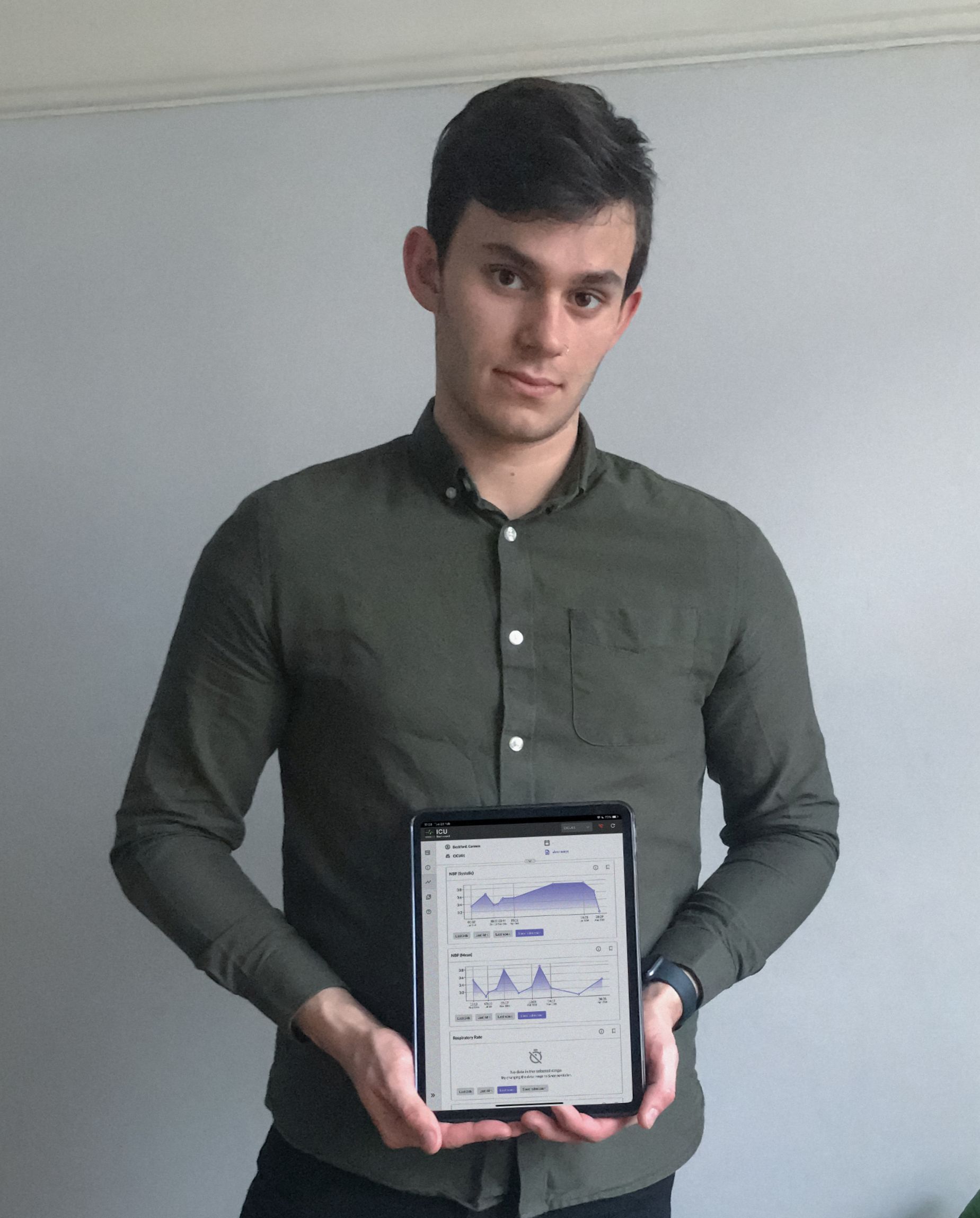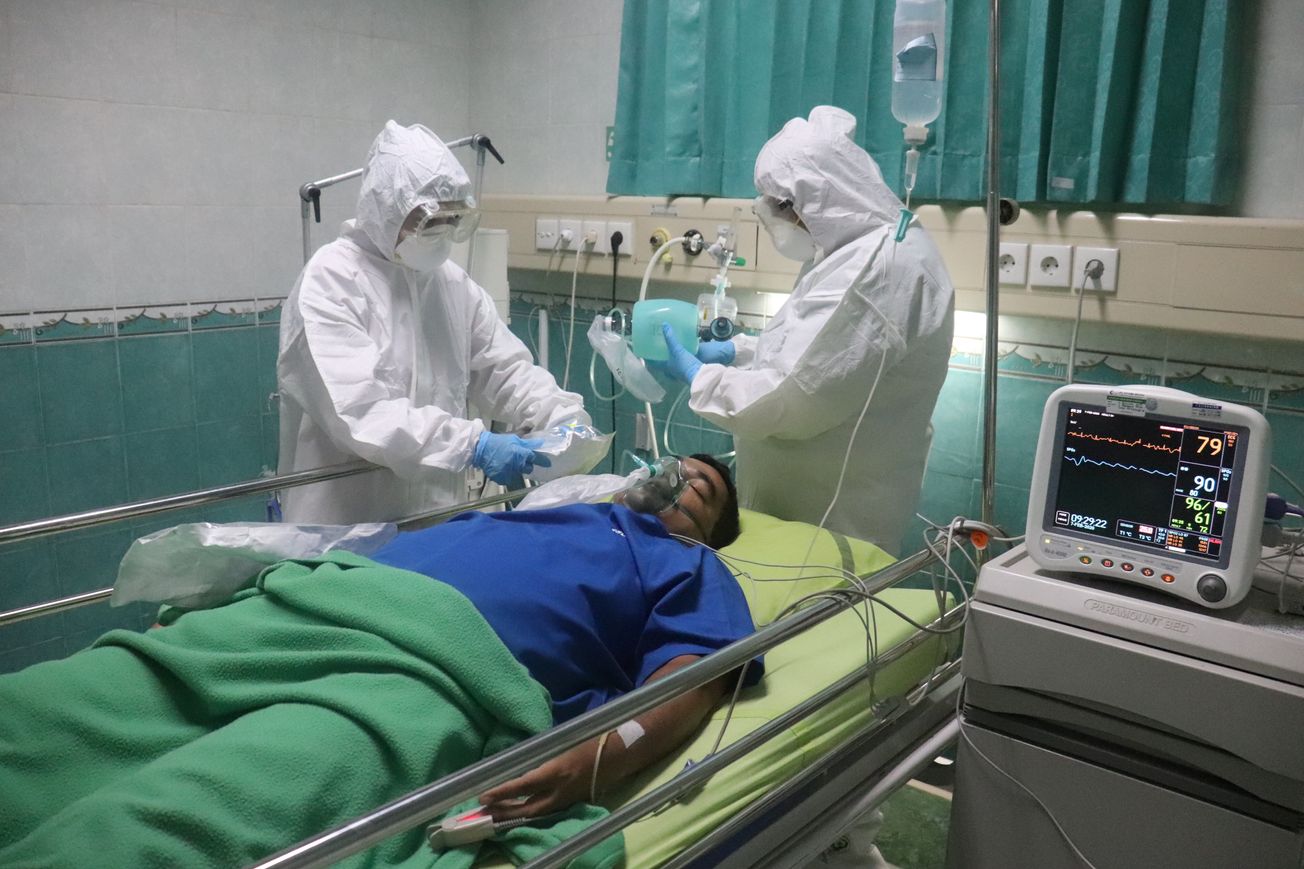By Edward Deacon, SciTech Digital Editor
Aside from the critical care that Intensive Care Units (ICUs) must deliver, the need to track, monitor and analyse patient data is of the upmost importance. Researchers from the University of Bristol have created a digital data monitoring system to assist hospital staff to do exactly that.
Professor Ian Craddock, alongside Dr Chris McWilliams and postgraduate student Marceli Wac worked directly with clinical staff from the University Hospitals Bristol and the Weston NHS Foundation Trust (UHBW).
‘We reached out to the local hospitals at the start of the pandemic when they were under intense pressure and it quickly became clear that a clinical data dashboard would be of immense help,’ said Prof Craddock.

The ‘data dashboard’ works by collating data from existing clinical information sources and presents it in a digestible form, ‘helping us to identify problems earlier,’ said Dr Chris Bourdeaux, Consultant in Intensive Medical Care Medicine.
The system is able to present information graphically to visualise a patient’s information over a given time period and in real time, improving the quality of medical notes and allowing symptomatic trends to be identified.
Dr Bourdeaux added that: ‘The dashboard was designed with clinicians involved at every stage. It has resulted in a product that’s fine tuned to the needs of doctors who are caring for patients during a global pandemic.’

In the future, Dr Bourdeaux hopes that the dashboard ‘can be utilised beyond UHBW when ICUs are digitised.’
The clinical data dashboard has been used at the Bristol Royal Infirmary’s ICU since last summer. Evaluations of the dashboard since last October have shown it has already proved effective in improving care for large influxes of patients that have appeared in the current wave of COVID-19.
Following his involvement with the project, Mr Wac, a second-year student with Bristol’s EPSRC-funded Centre for Doctoral Training (CDT) in Digital Health and Care, has made intensive healthcare the focus of his PhD.
‘I think that pulling this together in such a short time is a fine example of the capability and spirit of the staff and students’
Talking about his involvement in the project, he said: ‘I was very excited to put my skills to use and contribute to fighting the global pandemic.
‘I’ve not only gained further appreciation for healthcare; I’ve realised the importance of early user involvement in the process of building software in the clinical environment.’
‘I think that pulling this together in such a short time is a fine example of the capability and spirit of the staff and students,’ added Prof Craddock, Director of the CDT.
ICU COVID-19 mortality rates are dropping, but not fast enough
The COVID-19 vaccine: busting the myths
As a result of the data dashboard project, the University will be exploring future funded research like the new Artificial Intelligence in Health and Care Award – a collaboration between the Bristol ICU and Bristol University.
Featured Image: Unsplash / Mufid Majnun
How else do you think digital technologies could support medical care in the future?









